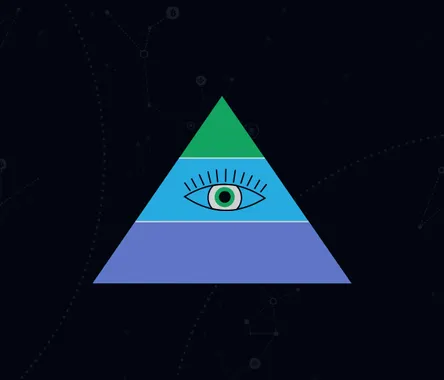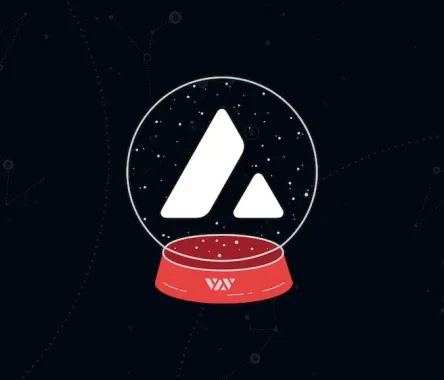Nov 09, 2022 Frank Stewskid
BAYC founders issue a blog post stating their opinion on creator royalties enforcement
The founders of one of the most influential NFT projects – BAYC, shared their vision of creator royalties enforcement. In a blog post published by Gordon Goner and signed by all of the BAYC founders, it is stated that the NFT scene needs to make free wallet-to-wallet transfers available to token holders, but also find a way to preserve creator royalties.
Some thoughts on creator royaltieshttps://t.co/hKB5eQKZ93
— GordonGoner.eth (Wylie Aronow) (@GordonGoner) November 8, 2022
The BAYC founders propose the creation of a so-called “allowlist” function being encoded in NFT smart contracts, that would be responsible for permitting NFT trading between regular wallets, but also if it finds a transaction is being initiated by a smart contract address, check against a list of smart contracts whether the address is known to be related to a marketplace that is known for respecting creator royalties. As long as it is so, the transaction would go through, however, if it is found that the smart contract belongs to a marketplace that doesn’t respect creator royalties – the transaction would be denied.
According to Gordon Goner, creator royalties brought and kept many artists in the NFT scene. Moreover, marketplaces have been able to flourish due to supporting this concept so far. The BAYC co-founder goes on to state that OpenSea has so far made roughly $35 million profit from trades on NFTs from the BAYC collection due to its 2.5% tax imposed on each trade on the platform. Due to OpenSea taxing 2.5% of each trade, when the BAYC creators had to decide what percentage should be their creator fee they “went lower than what was standard at the time” and decided to impose a 2.5% fee as well.
Gordon Goner believes that in recent months marketplaces have been “softening their commitments to enforcing creator royalties […] in an attempt to gain market share”. It appears releasing this statement was partially triggered by OpenSea’s recent position to “move with the rest of the herd” by the position the marketplace took in the royalties debate, as the author of the blog post goes on stating the move is “not great” for NFT artist and creators since royalties have been the “single most important factor that brought them into the ecosystem”.
In a blog post from November 6, OpenSea stated that when the NFT standard was created in 2018 creator fees did not exist, nevertheless, the marketplace supported them in order to attract more artists and creators to the field. Now, OpenSea is releasing an on-chain tool that will be enforcing creator fees only for new collections.
BAYC’s proposed solution to the intensifying NFT creator fees debate was later supported by another famous NFT artist – Beeple. He stated that the proposed “allowlist” function would protect artist royalties and such a solution has been long overdue.
great work @GordonGoner !! i think this could be a great path forward to protect these royalties 💪💪💪
— beeple (@beeple) November 8, 2022
though i still think even if this is implemented the switch from sellers FEE to buyer's PREMIUM is long overdue and will help a lot with compliance. 🙏🙏🙏 https://t.co/wdIXYo5yp8
However, it remains to be seen whether the BAYC idea will be implemented on a larger scale and have a positive impact on the NFT field, since as Gordon Goner states in his blog post – new marketplaces will have a harder time starting up because they will need to get on the allowlist and NFT creators will need to maintain the allowlist themselves. Furthermore, the proposal may be seen as not decentralized, but according to the BAYC co-founder “that’s bullshit”. According to him, a healthy allowlist process can be enforced through governance.



